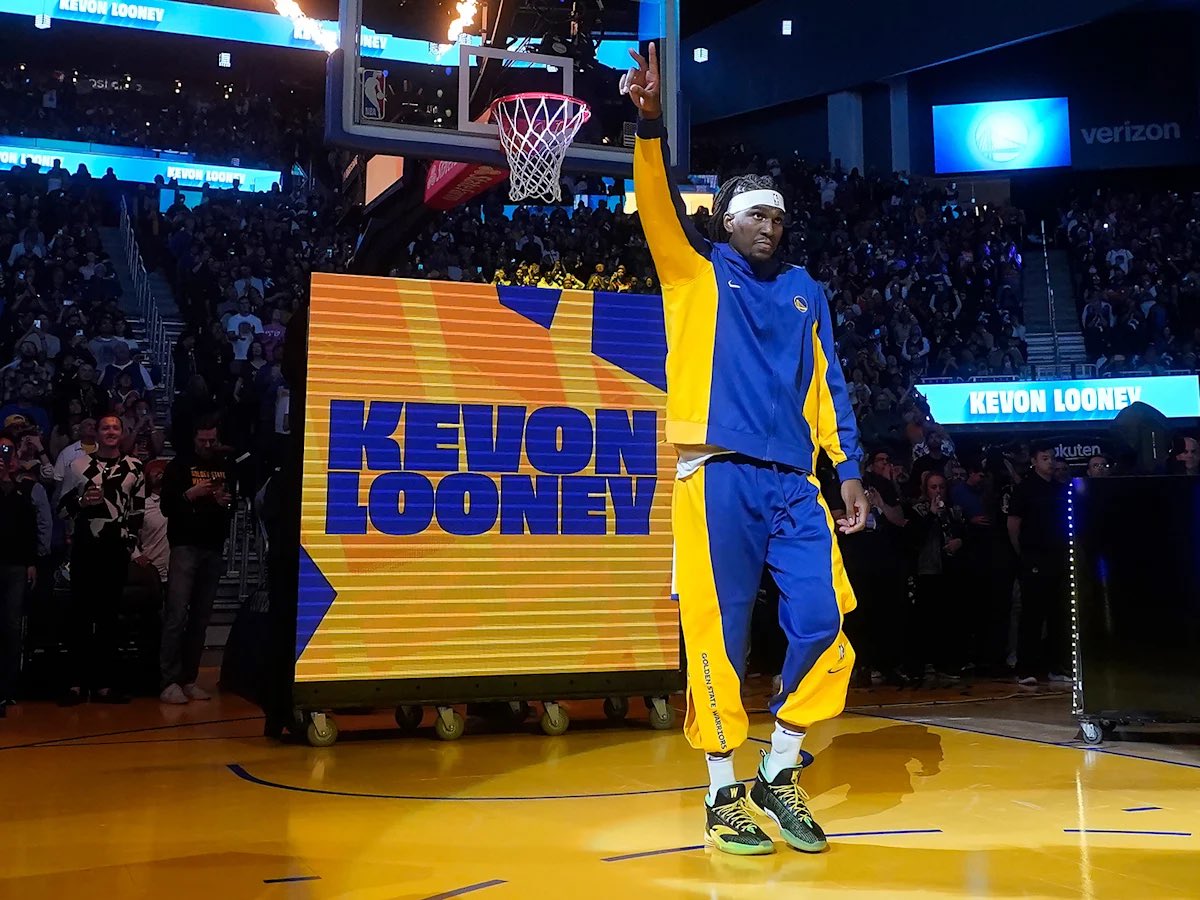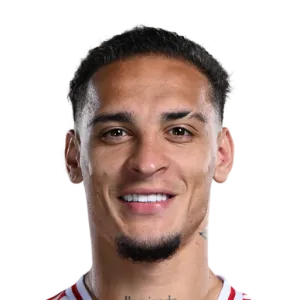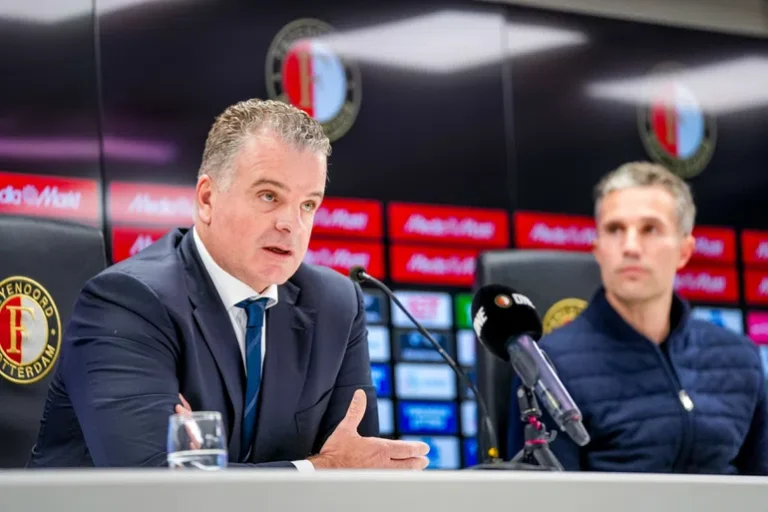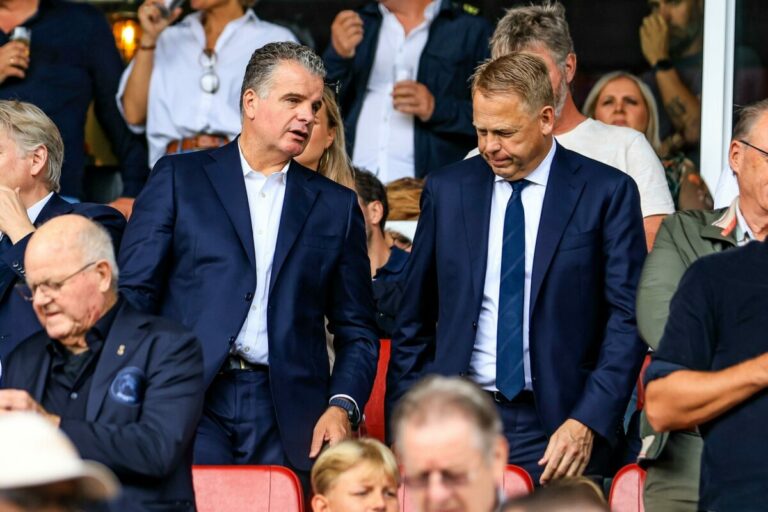
Kevon Looney, a three-time NBA champion and a key piece of the Golden State Warriors’ dynasty, recently opened up about the circumstances that led to his departure from the franchise he called home for nearly a decade. After spending nine seasons with the Warriors, Looney’s exit marks the end of an era—both for him and for a team undergoing significant changes.
In a candid discussion, Looney detailed the emotional and professional challenges that came with leaving the Warriors, a team he grew up with in the league. Drafted 30th overall in 2015, Looney developed under the mentorship of head coach Steve Kerr and stars like Stephen Curry, Draymond Green, and Klay Thompson. He became known for his rebounding prowess, defensive IQ, and unselfishness—attributes that made him a valuable glue guy on championship teams. But the NBA is a business, and even loyalty and championships have their limits.
According to Looney, the decision was not entirely his. While he expressed a desire to remain with the Warriors, the front office’s strategic pivot toward a younger, more athletic roster made his role less certain. With Jonathan Kuminga and Trayce Jackson-Davis emerging as promising frontcourt options, the team began to prioritize player development and cap flexibility over veteran continuity. “I felt like I still had more to give in that system,” Looney said. “But I also understood the direction they were heading. It just became clear that my time was coming to an end.”
The writing was on the wall during the 2024–25 season, when Looney saw his minutes reduced and his name surface in trade rumors for the first time in years. “That part hurt,” he admitted. “I’ve always been a team-first guy, did the dirty work, played through injuries. So hearing my name out there, it was tough.” Despite that, he maintained a professional demeanor throughout the season, continuing to mentor younger teammates and contribute in any way he could.
Looney also pointed to financial constraints as a factor. The Warriors are one of the most expensive teams in NBA history, and shedding salary has become a pressing issue for the front office. “It wasn’t personal,” he said. “They had to make moves, and I was one of those moves. I get it. That’s part of the business.”
Beyond the logistics, Looney acknowledged the emotional difficulty of leaving a place that shaped him as both a player and a person. “Golden State is family to me,” he reflected. “That locker room, that organization, the Bay Area fans—they’ll always be a part of my story. I grew up there. I became a man there.” He also took time to thank specific people in the organization, including general manager Mike Dunleavy Jr., former GM Bob Myers, and Coach Kerr, all of whom he credited for believing in him even through early-career injuries.
Now preparing for a new chapter, Looney says he’s motivated to prove he can still contribute at a high level. While he hasn’t disclosed his next destination, he made it clear that he’s not done playing and feels he still has several good years left in him. “I’ve been doubted before,” he said. “This just gives me more fuel. Wherever I land, they’re getting a worker, a leader, and someone who knows how to win.”
As the Warriors retool and Looney begins a new journey, his departure stands as another reminder of the evolving nature of professional sports. Championship runs don’t last forever, and sometimes even the most dependable pieces are forced to move on. But if Looney’s legacy in Golden State is any indication, his impact will be remembered long after he’s gone.






